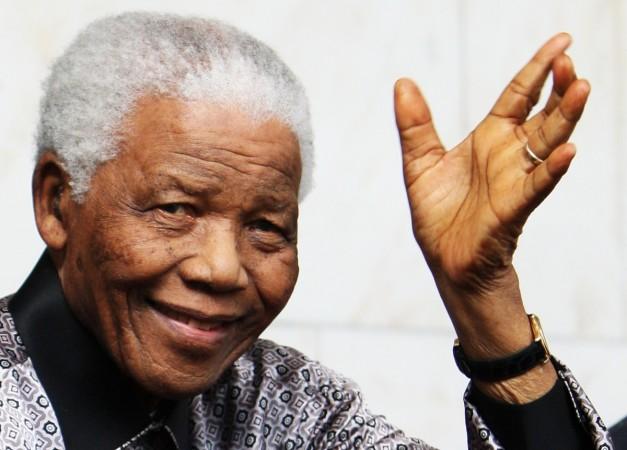
While the mention of South Africa immediately brings alive the imagery of Big 7 safaris, glamping, bungee jumping, shark cage diving, exquisite wines, diverse food and warm people, there is another aspect of this vibrant country that is equally appealing – it's rich and diverse cultural history.
An inseparable part of the historic fabric of this nation remains its iconic leader – Nelson Mandela, or as he is affectionately known – Madiba. Mandela, born into a South African royal family, went on to become an influential political leader and then also the president, and was at the forefront of the South African freedom struggle.
From serving 27 years in prison to working as a philanthropist, his life was legendary, to say the least. The 'Gandhi of the African continent' has received, and rightfully so, more than 250 honours including The Nobel Peace Prize and the Bharat Ratna.
18th July (also known globally as Mandela Day) 2018 marks the passage of a century since the birth of the great South African revolutionary. From the rolling hills and scattered villages of Qunu in the Eastern Cape to reverent reflections in the prison cells of Robben Island to the sacred sidewalk on Vilakazi Street in Soweto – South Africa offers a chance to follow in the footsteps to freedom of the nation's most iconic hero – Nelson Rolihlahla Mandela. Walk with us around:
Robben Island
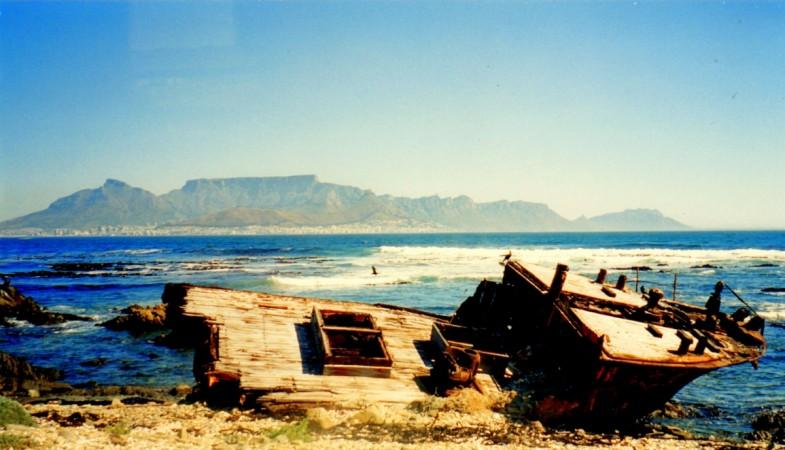
Nelson Mandela spent 18 immensely challenging years in prison on this little island situated off the coast of Cape Town and yet emerged from it filled with forgiveness instead of hatred. Robben Island is now a World Heritage site and museum.

Although from the 17th to the 20th century the island was a place of imprisonment – today it is a beacon of hope and a place where visitors can gain some insight into the life and times of Nelson Mandela and fellow freedom fighters. Trips to Robben Island begin from the Nelson Mandela Gateway at the V&A Waterfront, where ferries transfer you to the former prison.
Constitution Hill
Through the years, the Constitution Hill functioned mainly as a prison. It was here that many passive resistors and freedom fighters including the Father of our Nation – Mahatma Gandhi, and Nelson Mandela were held; the site has two permanent exhibitions that revolve around the lives of both these revolutionaries.
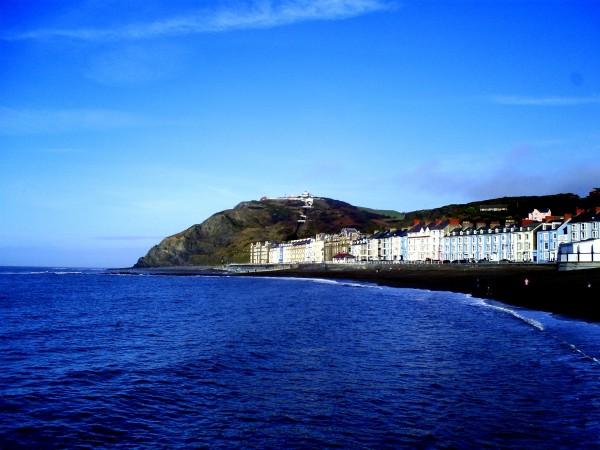
A walk through Number Four section of the prison, reading up on the horrific conditions of the time and the difference in how prisoners of different races were treated, quickly hammers home the need for radical reform and equality for which Mandela was fighting – and ultimately achieved. The Constitution Hill in Johannesburg is now a fascinating museum and the home to South Africa's constitutional court.
Apartheid Museum
Apartheid - a system of institutionalized racial segregation and discrimination, had infiltrated every nerve of the country. These dogmas (or the resistance towards them) helped shape Mandela's entire life and nowhere can you get a better grip on what transpired during the proceeding struggle than at the Apartheid Museum, situated south of Johannesburg.
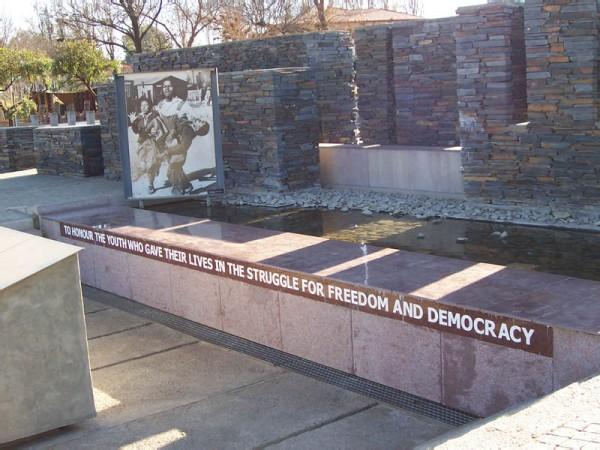
The Apartheid Museum opened in 2001 and is acknowledged throughout the world for its illustrious display of the rise and fall of Apartheid. Allow yourself at least a couple of hours to soak it all in, and get over an emotional yet interactive and informative visit.
Capture Site
This site has enormous significance in the history of the freedom struggle because it was here that, after 17 months if evading the apartheid authorities, Nelson Mandela was arrested. On August 5, 1962, the police flagged down a car driven by Nelson Mandela in a chauffeur's uniform while he was returning from a secret meeting with the African National Congress president – this incident would go on to shape the future of an entire country. To mark the historic spot is a sculpture comprising of 50 steel rods, that align to create a magnificent portrait of Mandela.
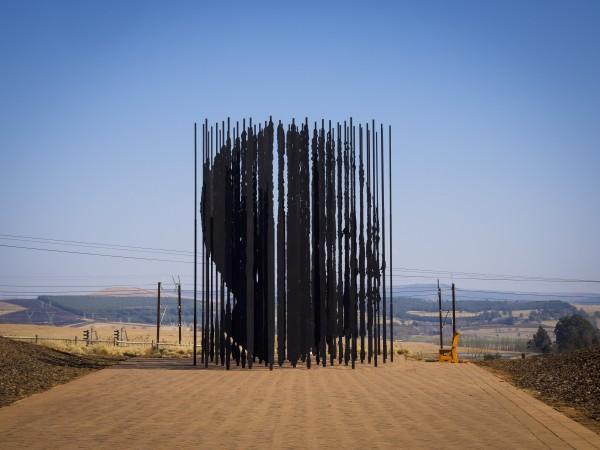
Mandela House
Situated in Vilakazi Street, the humble home Mandela moved into in 1946, the Mandela House gives visitors great insight into the Mandela family. "It was the opposite of grand," he wrote in his autobiography, Long Walk to Freedom, "but it was my first true home of my own and I was mightily proud."

The house is filled with memorabilia about the family, complete with photographs and visuals and is a fitting tribute to the incredible struggle for freedom. Vilakazi Street is usually flooded with visitors wanting a glimpse into the home of the great Madiba – hence getting an early start to this place might be a good idea.
The Madiba once said, "For to be free is not merely to cast off one's chains, but to live in a way that respects and enhances the freedom of others." The Rainbow Nation beckons you to witness that journey of freedom!

















